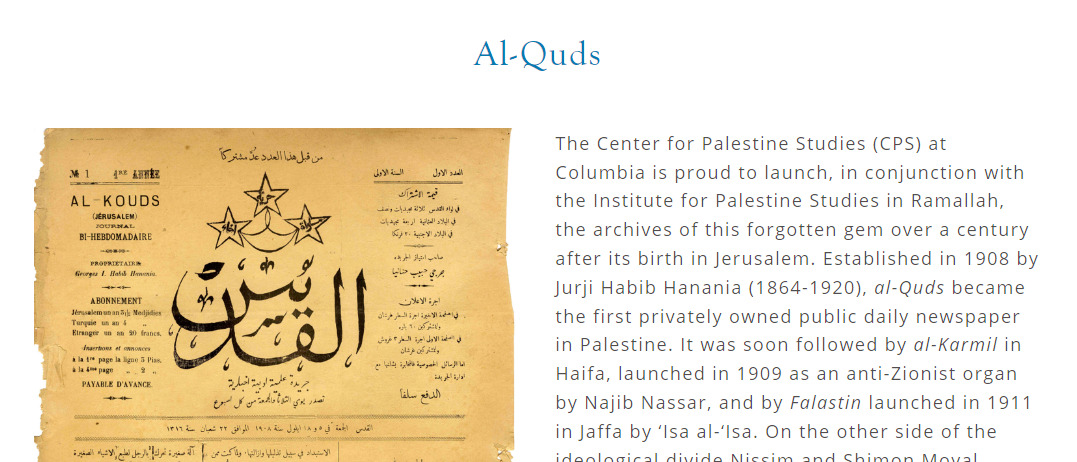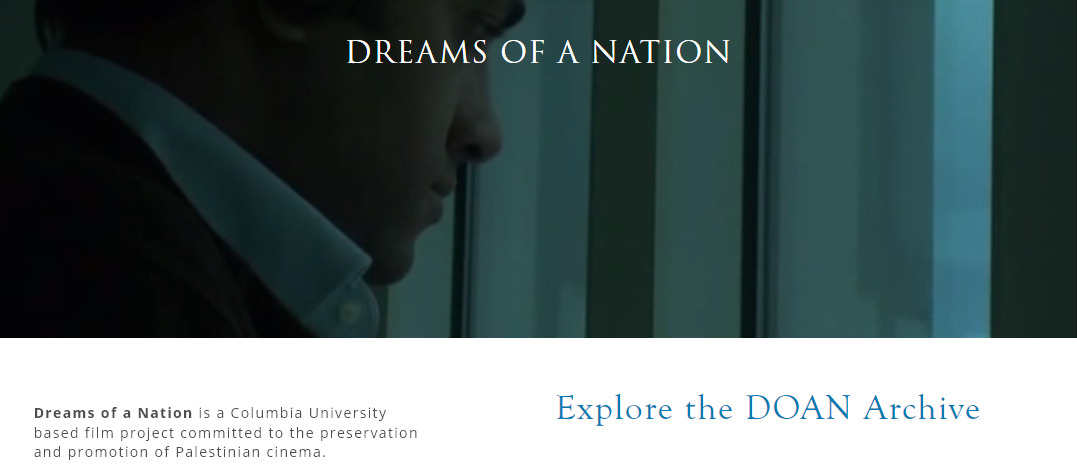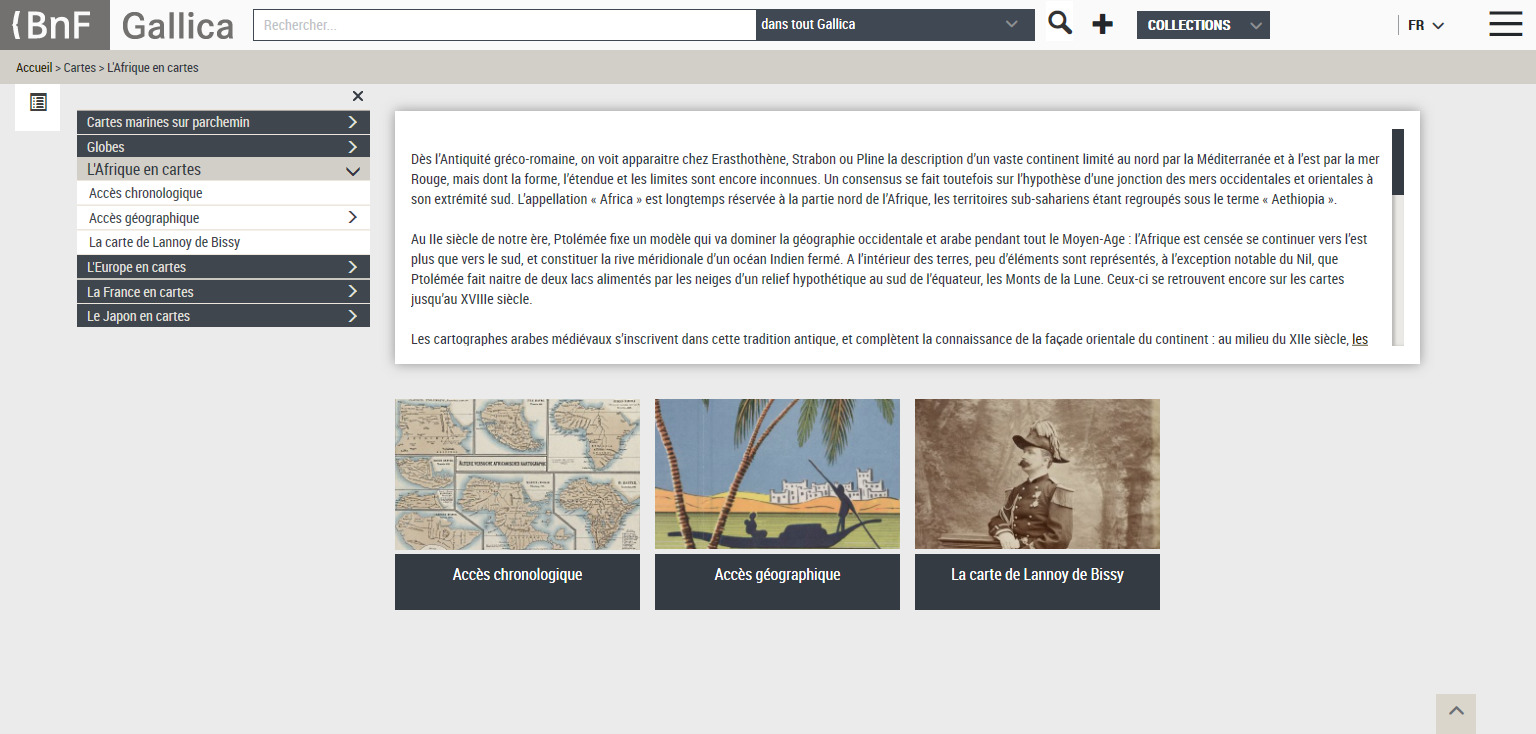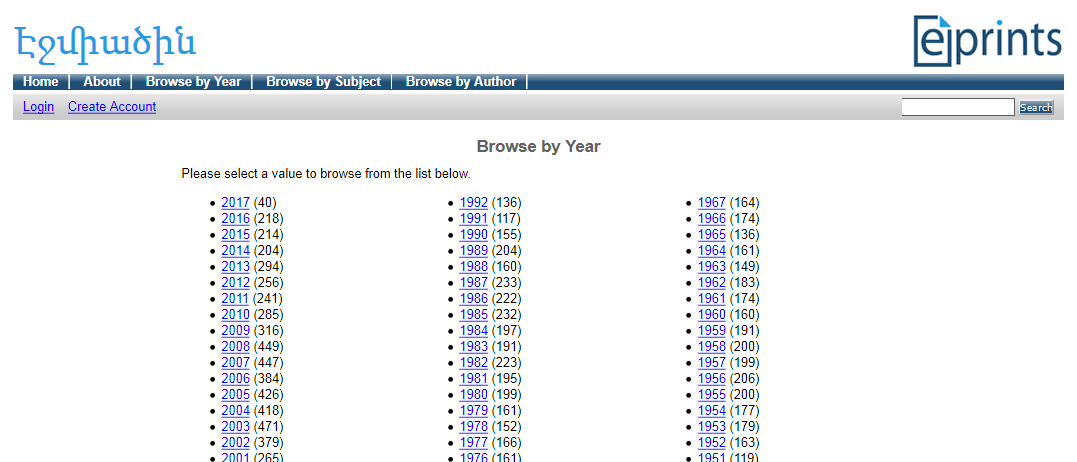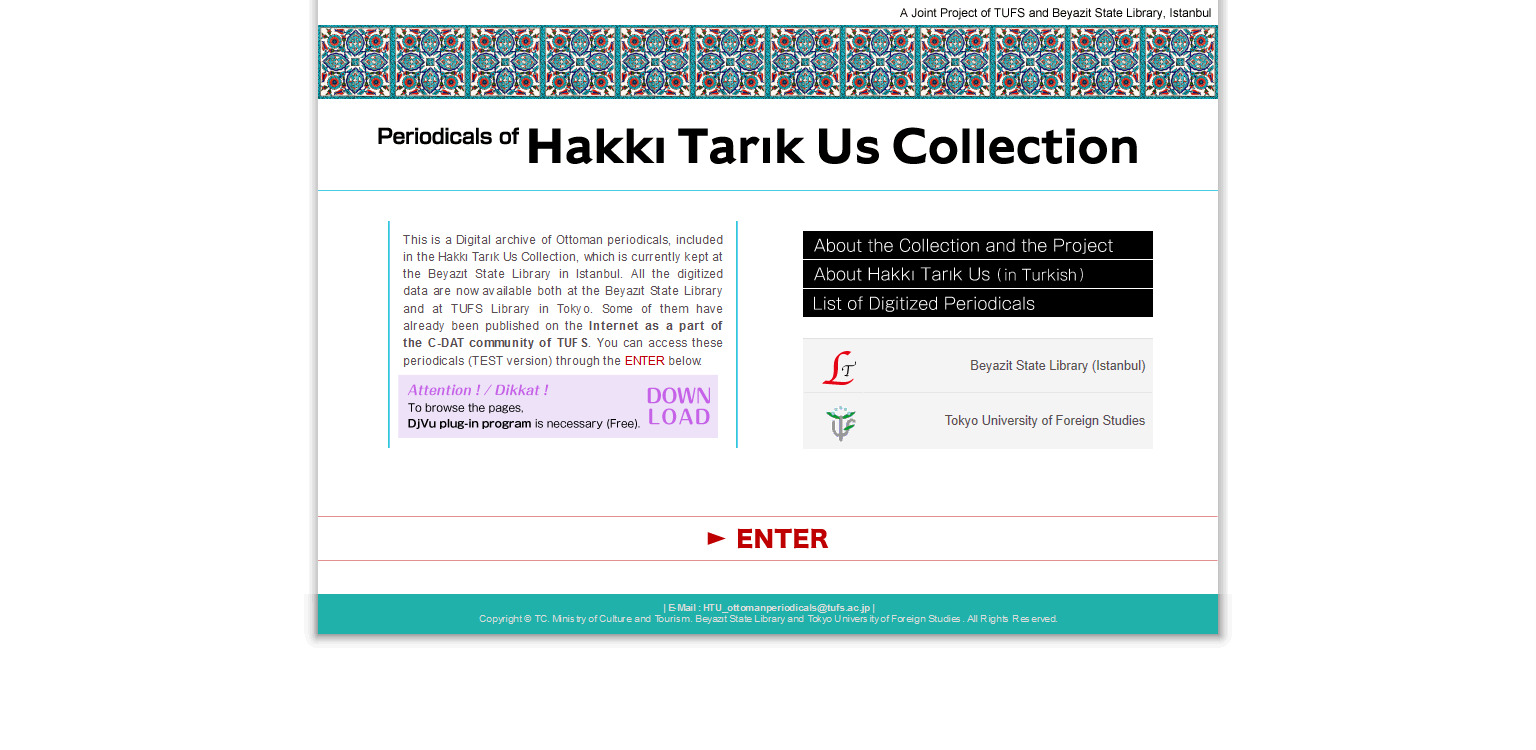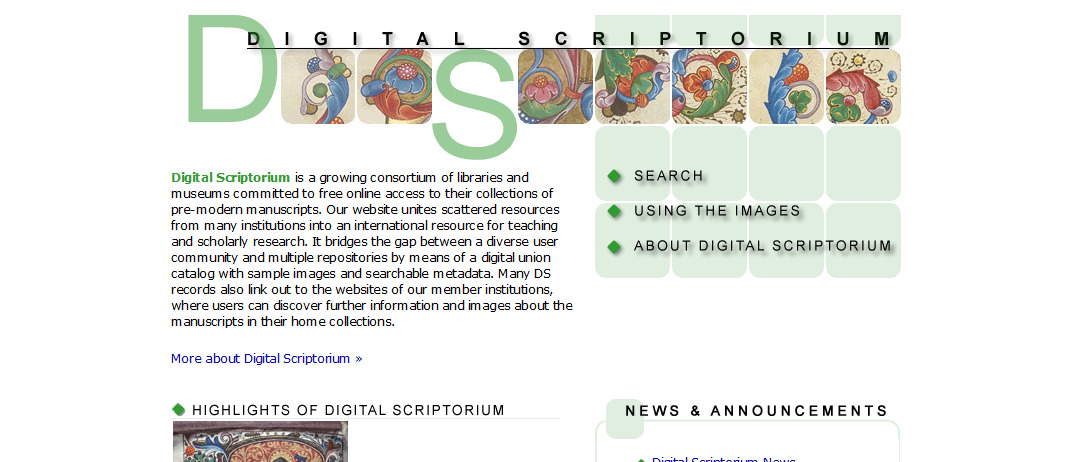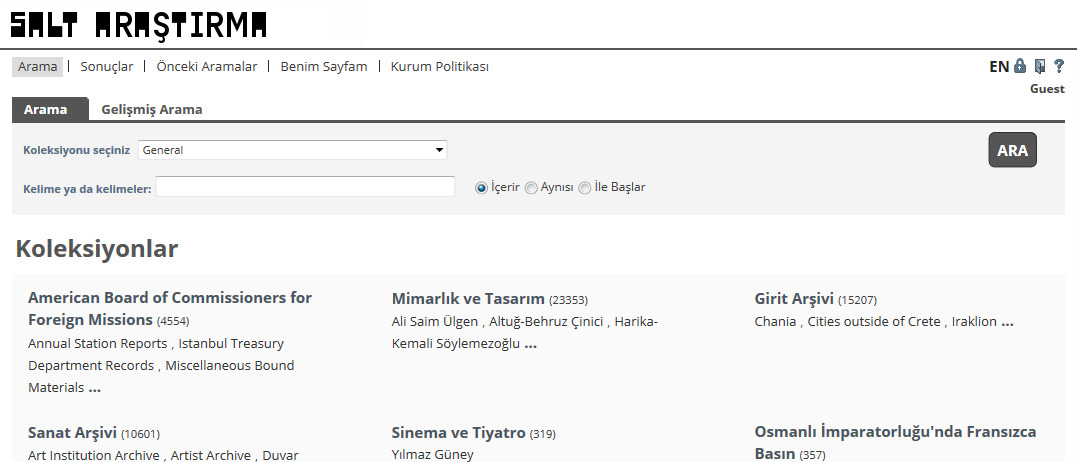IRCICA Farabi Digital Library is a project aiming at facilitating and supporting libraries make their digital collections available to worldwide scholars. To do so, IRCICA developed a stand alone software allowing libraries to easily display their digital materials, and hosts the digital library.
Some of the most respected Turkish libraries are using the Farabi software: Atatürk Library, Beyazıt State Library and Süleymaniye Library. And IRCICA is opened to establish new partnerships, develop new kinds of cooperation, and provide support to any library that has a digital collection.
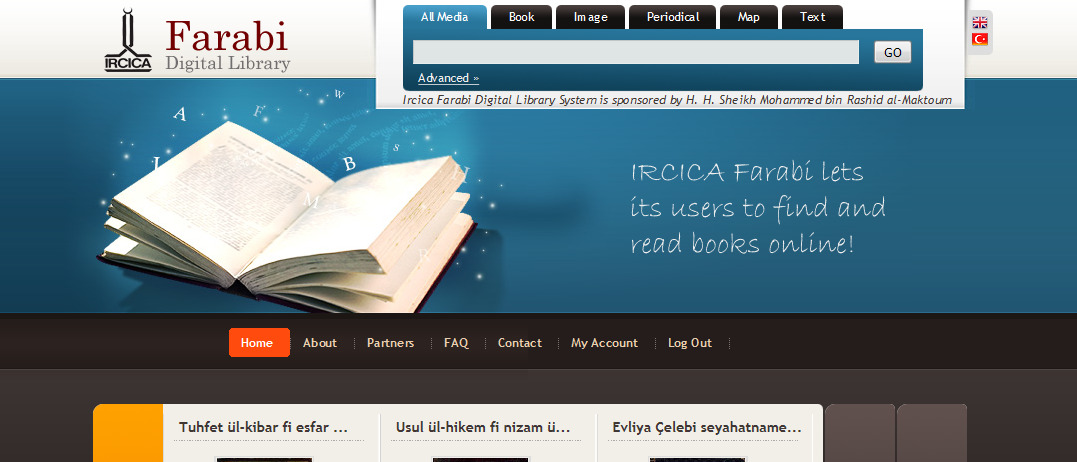 The Farabi Digital Library provides access to a great number of books, periodicals, photographs, postcards, maps, mostly in Ottoman Turkish, French and English. In order to access the full content of the digital library, visitors need to create a free account. Once logged in, it is possible to browse, read, listen and -if available- obtain a translation of the item consulted into sixteen different languages. Although the translation is far from being of the highest quality, the feature will be appreciated by students or researchers lacking language skills, but still wanting to get a broad sense of the topic of a page.
The Farabi Digital Library provides access to a great number of books, periodicals, photographs, postcards, maps, mostly in Ottoman Turkish, French and English. In order to access the full content of the digital library, visitors need to create a free account. Once logged in, it is possible to browse, read, listen and -if available- obtain a translation of the item consulted into sixteen different languages. Although the translation is far from being of the highest quality, the feature will be appreciated by students or researchers lacking language skills, but still wanting to get a broad sense of the topic of a page.
The Farabi Digital Library proposes two viewers looking different but offering exactly the same features (display, flip pages, enlarge, search, and share) are available: the Farabi Reader, and the Flip Book reader. Digital materials are full-text searchable in original script.
The digital library can be searched in English with refining options (by Institution, media type, author, date, publisher, language or subject) offered in the left-hand side menu. In addition, it is possible to save searches, and add selected items to a list to a list of Favorites.
The interface is available in both Turkish and English.
